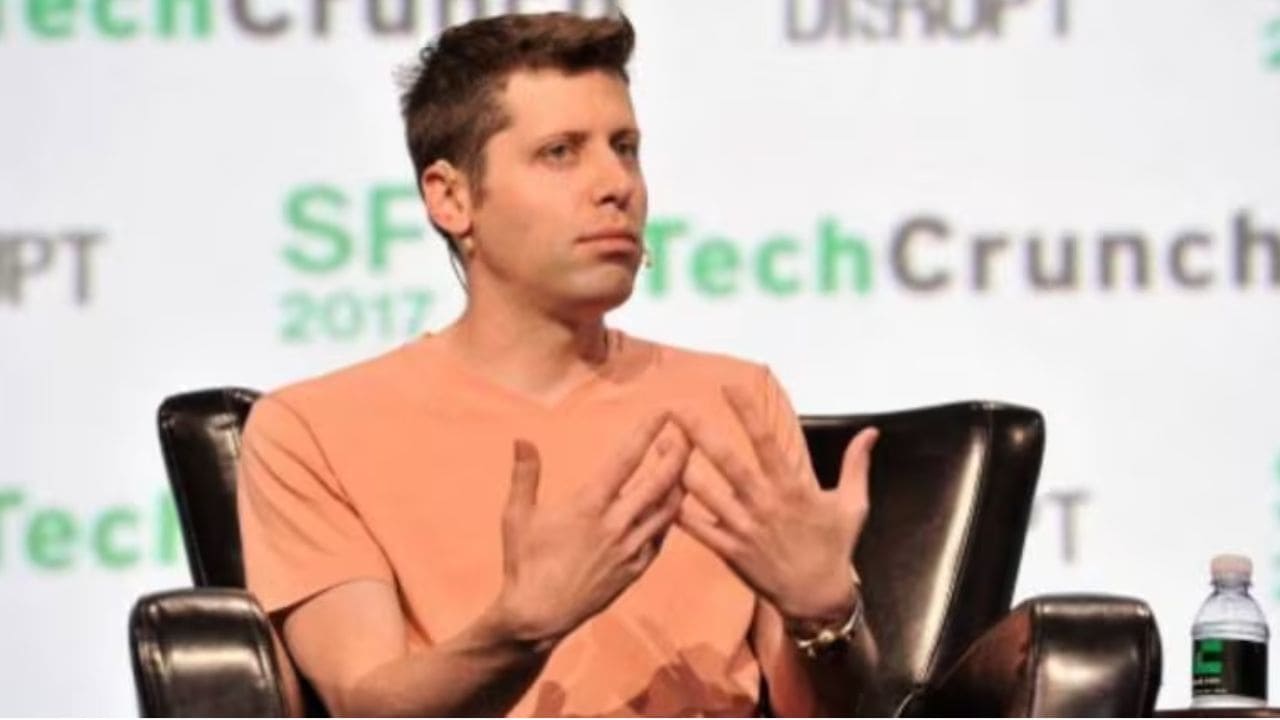OpenAI is setting its sights on developing superintelligent AI systems that far exceed human capabilities in virtually every domain, from scientific discovery to social interaction, according to CEO Sam Altman. In a recent blog post, Altman outlined the ambitious vision for a future where AI could drive innovation and progress at an unprecedented pace. With superintelligent tools, scientific discovery could leap forward in ways we cannot achieve alone, he wrote.
Though the concept of superintelligence often feels like the stuff of science fiction, Altman expressed confidence that the technology would soon become a tangible reality. In the coming years, the world will recognize what they see now: that the potential for superintelligence requires extreme caution, yet it offers vast opportunities for empowerment, he stated, acknowledging that OpenAI’s role extends beyond that of a typical company due to the transformative nature of its work.
In previous statements, OpenAI has called for robust public oversight to govern superintelligent systems. The company has advocated for a global framework to regulate AI, emphasizing the need for international cooperation in setting safety standards while ensuring that less advanced AI technologies remain subject to proportionate regulation.
Reflecting on the success of ChatGPT, which was introduced in November 2022, Altman noted its explosive growth. Initially launched as “Chat with GPT-3.5,” the tool has since evolved, paving the way for the next generation of AI capable of complex reasoning. This shift, Altman suggests, is part of a larger movement toward Artificial General Intelligence (AGI). Speaking at The New York Times’s DealBook Summit in 2023, Altman speculated that AGI could emerge within a matter of months. In his latest blog post, he reaffirmed this prediction, suggesting that the advent of AI agents in the workforce could soon reshape the output of companies globally.
Altman said in a post on his reflections, “We are now confident we know how to build AGI as we have traditionally understood it. We believe that, in 2025, we may see the first AI agents “join the workforce” and materially change the output of companies. We continue to believe that iteratively putting great tools in the hands of people leads to great, broadly-distributed outcomes.”
Here’s more:
We are beginning to turn our aim beyond that, to superintelligence in the true sense of the word. We love our current products, but we are here for the glorious future. With superintelligence, we can do anything else. Superintelligent tools could massively accelerate scientific discovery and innovation well beyond what we are capable of doing on our own, and in turn massively increase abundance and prosperity. This sounds like science fiction right now, and somewhat crazy to even talk about it. That’s alright—we’ve been there before and we’re OK with being there again. We’re pretty confident that in the next few years, everyone will see what we see, and that the need to act with great care, while still maximizing broad benefit and empowerment, is so important. Given the possibilities of our work, OpenAI cannot be a normal company. How lucky and humbling it is to be able to play a role in this work.
The post also touched on a period of turbulence for OpenAI. Altman addressed his controversial removal from the company’s board after a loss of confidence in his leadership, calling it a “big failure of governance” and taking responsibility for his part in the episode.
